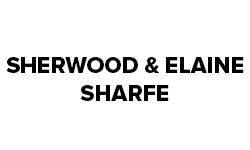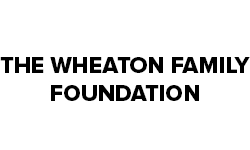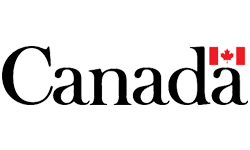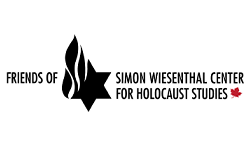CITIZENSHIP STUDIES 30-LEVEL: LIFELONG LEARNING CITIZENS
Part A
Broad Area of Citizenship: Social Studies/History/Native Studies
High School Students will identify and examine the effects of inequity and conflict using Canadian and world history as content and context. They consider the impact of worldview in dealing with conflict and inequity (10); examine Canada’s reputation and role as a global citizen (20); and, consider the root causes of inequity and the challenges that multiple perspectives bring to resolving conflict (30).
Throughout the study, students engage in critical and dialectical thinking in order to ensure that multiple perspectives, consistent with Canadian Indigenous communities and Canada’s multicultural policy are considered.
Overview and Desired Results of Citizenship Study
30
- Social Studies students will consider how evolving worldviews change our society (same sex marriage, assisted suicide, right to life, gender equality).
- History students will examine the evolution of our perspectives toward political, economic and social equality.
- Native Studies students will consider how current mechanisms influence approaches to resolution of inequity.
Enduring Understandings of Citizenship Study
- Injustices of today have roots in the past.
- Canadian society is challenged to manage the co-existence of diverse worldviews.
- Canadian citizens work to achieve a balance between rights and responsibilities through learning and action.
- Canadian society has inequities and elimination of these is beneficial for all Canadians.
- For each individual, becoming aware of racism in Canadian society is an evolutionary process and a precursor to change.
- As citizens of local, national, and global communities, Canadians are conscious, self-reflective, and critical of their own beliefs and actions and seek to make positive change.
- Citizens show flexibility of mind.
- Enduring understandings and questions stimulate thinking, guide the inquiry and are linked to outcomes.
- These questions point to the “big ideas’ in the area of inquiry and should be considered and reconsidered as the inquiry progresses.
- Deliberation of these understandings forms the evidence of learning at the end of study.
Knowledge and Skill Development
- The backgrounds of various human rights and social justice issues;
- Various forms of conflict and dispute resolution forums including a variety of negative examples of conflict resolution and their residual impact including: assimilation, annihilation, and segregation.
Students will:
- Critically seek and evaluate new information.
- Create a set of analytical filters through which students will assess and evaluate information.
- Recognize information gaps and refine necessary skills to obtain information and make informed decisions.
Essential Questions
- What does it mean to be a citizen?
- Why is there conflict between worldviews?
- What is required for conflicting worldviews to coexist?
- What range of responses have citizens used throughout history to respond to conflicting worldviews?
- How do engaged and respectful citizens respond to conflict in a modern democracy?
- How does an ethical and democratic society define and pursue justice?
- What issues and opportunities does Canada’s multi-cultural policy and affirmation of diversity create?
Saskatchewan Curriculum Concept Connections
The order in which they are listed suggests a general idea of the learning plan to follow.
Students will:
- Examine the impacts of differing worldviews on relevant social and historical issues;
- Examine political and societal structures to understand the history behind their current organization and understand how they contribute to contemporary inequities;
- Explore the current social issues that have an historical basis and continue to have an impact contemporary Canada;
- Consider the issues that arise from discrepancies of power and authority, economic disparity, and power inequities and the political and societal structures that support ongoing inequity;
- Trace the evolution of Canadian citizenship from the Canadian and global perspective; and,
- Consider the impact of diversity from a variety of governance and cultural perspectives and continue to explore approaches to conflict resolution.
- develop and apply the principles of dialectical thinking, dialectical examination and moral testing through exploration of local, regional, national, and global interdependence matters;
- critically seek and evaluate new information; and,
- recognize information gaps and refine necessary skills to obtain information and make informed decisions.
© 2024 Concentus Citizenship Education Foundation Inc. All Rights Reserved.









